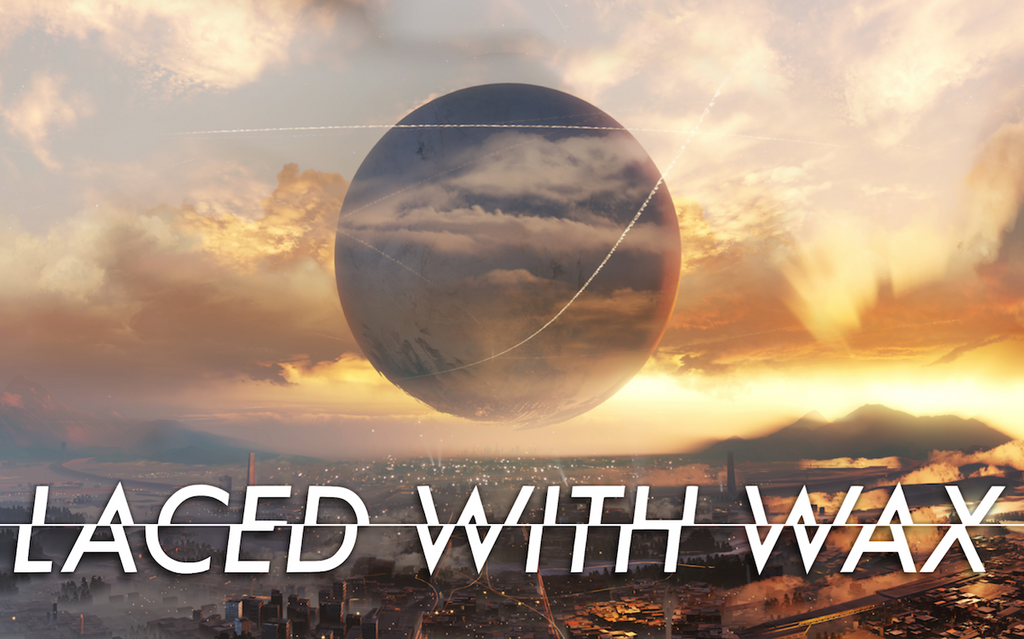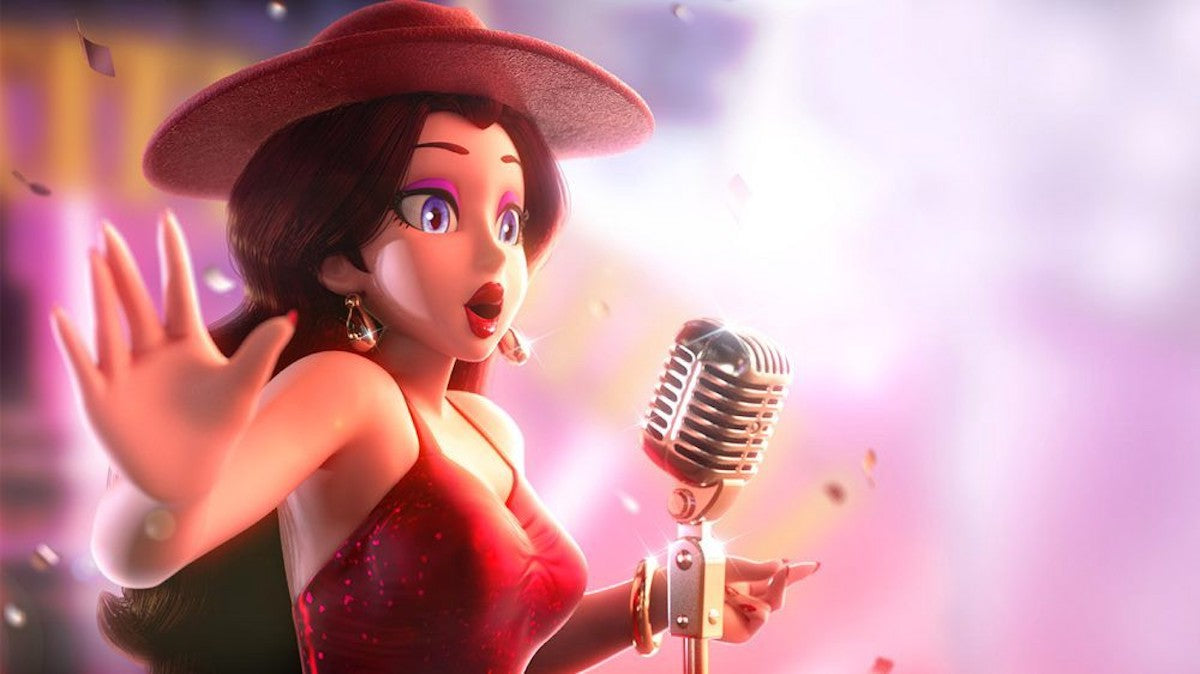

Laced With Wax’s blog editor jots down some quick thoughts on what we even mean by ‘video game music’; and what resides under the VGM umbrella.
By Thomas Quillfeldt
Video game music is not one thing, one field, one genre, one medium.
There’s the music that plays when you play.
Turn the sound up, immerse yourself, and you can experience some wonderfully personal game music moments, where a score cue (or commercial track) will kick in at the perfect point during gameplay to indelibly heighten the emotion of the situation.
Then there’s pure audio renditions of soundtrack cues, isolated from the game, that can be enjoyed whilst working, running, kicking back.
Soundtrack albums are just albums. A piece of ‘game music’ is just music. Self-identifying ‘game music fans’ — myself included — are really just plain old music fans mining a particular seam.
But, because we love the respective games, it makes us extra hungry for soundtrack music. We have to have it. Before almost everything became available digitally — from whatever source — we’d hook up a cassette player (Google it, kids), and record loops from the TV, PC, or console.
To relive the game as much as to enjoy the compositions.
People love video game music so much, they’ll even buy it on vinyl! (Who’d have thought?)
And yet, there are still massive, glaring omissions in the soundtrack catalogue officially licensed to Spotify, etc. Who does that serve?

There are the leading lights of game music. The trailblazers. The composers pushing the boundaries of technology, interactivity, musical structure, aesthetics, instrumentation.
Talents like Olivier Deriviere, Yoko Shimomura, Austin Wintory, Yuzo Koshiro, Jessica Curry, Lena Raine, Mick Gordon, Grant Kirkhope, etc.
People who publicly champion the artform of game music, whilst also delivering on project after project, and cultivating their own fan base outside of any one title or series.
The sheer range of musics is amazing: contemporary classical, Icelandic folk singing, industrial metal, trap electronica, big band jazz, techno, sea shanties, tried and true Hollywood bombast, solo piano, instrumental prog rock.
There are developers trying their best to come up with novel ways to make music integral to gameplay. Beyond the obvious rock-oriented games, there are conducting games, DJ games, shaker games, bongo games, roguelikes you can play with a dance mat. There’s… whatever Rez is.
We’re spoiled. Spoiled by fantastic composers in this space. Spoiled by the range of music styles. Spoiled by games built around music.

There are communities built up around a pure love of game music. There are even game music festivals.
Suffused with earnest passion, game music sub-communities don’t seem to suffer the same levels of testosterone, blanket irony, and defensive anger that pervade wider gaming communities. Or do they? Not that I’ve seen, anyway.
There are communities celebrating and preserving the magic of chip tunes — music derided for decades as mere ‘bleeps and bloops’. But, gradually, quietly, chiptune has found acceptance in wider culture through electronica, hip-hop, and orchestral re-imagining; especially as children of the ‘70s and ‘80s, naturally comfortable with video games, become the current leading musicians, novelists, film directors, etc.
There are amateur through to professional game music soloists and ensembles that collaborate in person and over the web — many of these guys now get hired to work on game scores.
(Is it still ‘game music’ if a performer is performing a brand new arrangement to a live audience? It’s just ‘live music’ at that point, right?)
There are esports stadium anthems. There’s Dear Esther Live. There are Game Boy-chaining live synth acts.

I identify fan-made music as a slightly amorphous area of ‘game music’ where there are any number of releases related to, but not necessarily directly drawn from, video game titles or series.
For instance remixes, new arrangements. Hip-hop albums; jazz, metal, and opera covers.
The quality of such albums and tracks varies greatly — a lot of the more homemade-sounding tracks using digital instruments aren't for me, although there are plenty of nuggets of gold. There are also numerous captivating, professional-sounding tracks.
Personally, I might not hold many of these fan-made/'inspired by'/re-arranged tracks up as examples of how far ‘game music’ (whatever that is) has progressed, mainly because they tend to be backwards-looking, exercises in creative nostalgia.
But, as evidence of the celebratory culture and community around game music — and as a mass of budding creators cutting their teeth — the whole space lifts my spirits.

Video game music speaks to people’s hearts.
You can keep your native 4K resolution and your teraflops. There aren’t festivals full of passionate fans dedicated to 60fps or cosmetic skins. Are there?
I saw with my own eyes people dressed as chocobos watching a symphony orchestra play game music in the Royal Albert Hall. Chocobos!! (scroll down).
The more I think about it, the more overwhelming the width and depth of ‘video game music’ seems.
Perhaps the best way to think of it is as a vaguely useful umbrella term, employed to refer to a sector that straddles several different areas of the wider creative industries.
Of course, there are aspects and examples of all of this that I’m completely unaware of, but that would blow my mind. Please tell us! Show us! Point us to them! — @Laced_records

